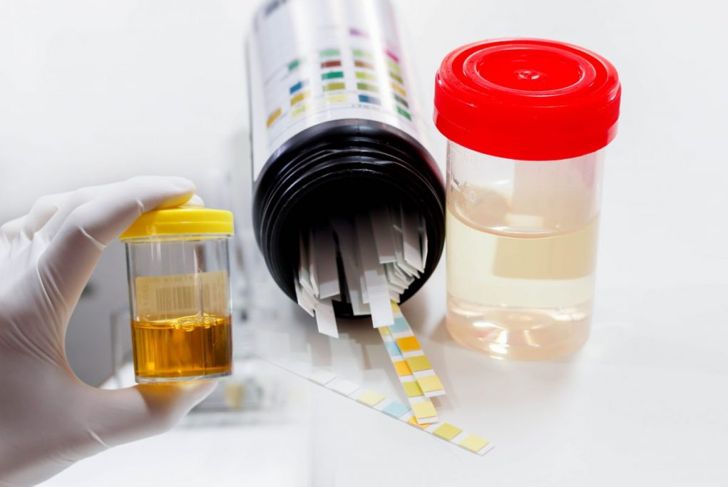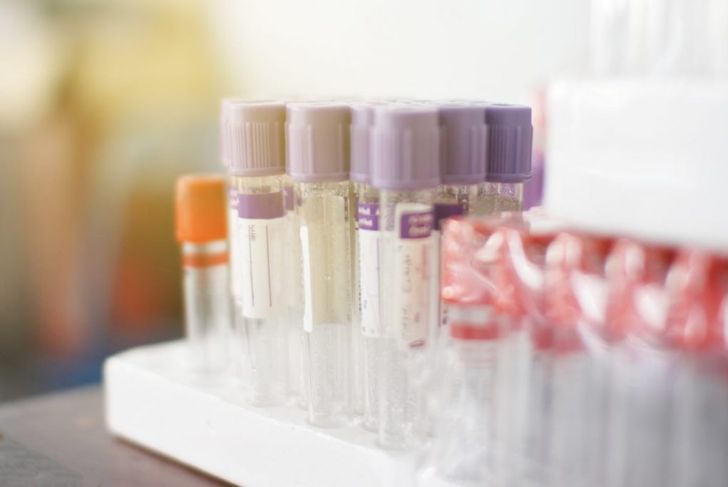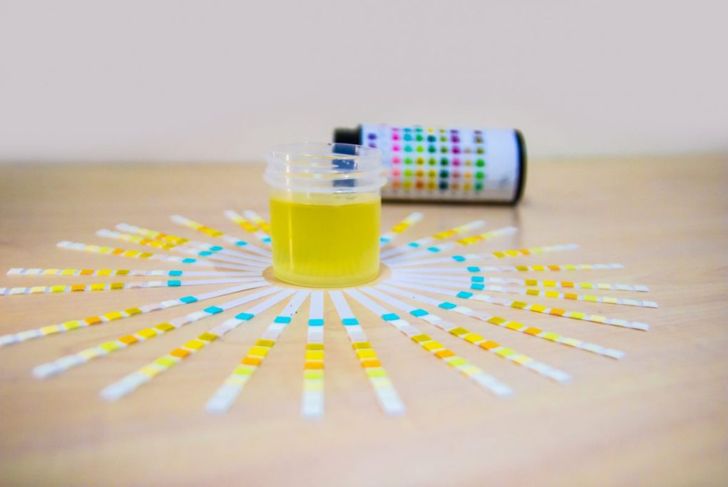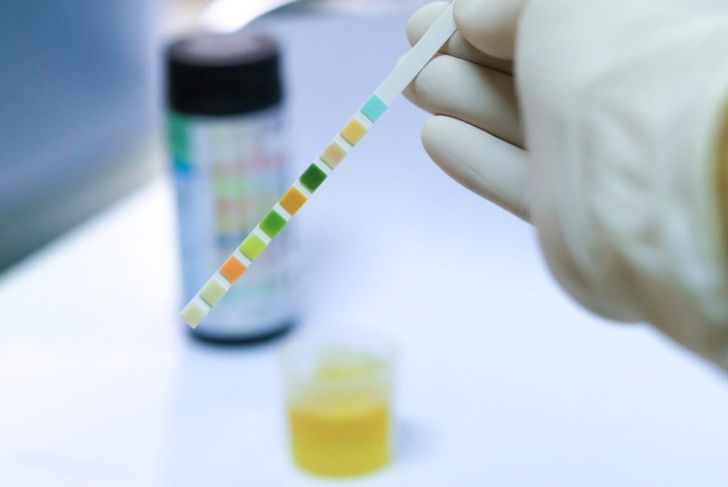Hematuria, or blood in the urine, isn’t always visible. While gross hematuria describes noticeable blood in the urine, some people are not even aware they have microscopic hematuria until they see the doctor for another symptom or condition and have their urine tested.
What is Microscopic Hematuria?
In the case of gross hematuria, blood in the urine may make the liquid appear pink or reddish. Visible blood in the urine is cause to see a doctor right away. Unfortunately, microscopic hematuria can only be diagnosed through the microscopic study of urine; a lab technician will notice red blood cells in your sample.
What Are the Symptoms of Microscopic Hematuria?
Most of the time, microscopic hematuria has no symptoms. Sometimes, people may experience a burning sensation when need to urinate more frequently. Microscopic hematuria is in itself a symptom of a larger condition, and when it is diagnosed, the doctor will work to determine the underlying issue.
What Causes Microscopic Hematuria?
There are many causes of microscopic hematuria; a doctor will likely perform several tests before coming to a diagnosis. One common cause of hematuria is the presence of a urinary tract or kidney infection. Other causes include bladder and kidney stones, blood diseases such as sickle cell anemia, or even excessive exercise. For men, the single most common cause of hematuria is an enlarged prostate.
How is Microscopic Hematuria Diagnosed?
Your doctor will request a urine sample, which will be tested for the presence of blood cells. The presence of white blood cells in your urine usually means you have an infection. Your physician will do most of these tests in-house, but if the cause isn’t clear, they may refer you to a urologist for more tests such as ultrasounds or endoscopies.
Can I Prevent Microscopic Hematuria?
Other than practicing general good health, it is difficult to recommend ways to prevent microscopic hematuria specifically. The Center for Disease Control and Prevention recommends drinking plenty of fluids, especially when exercising. If you don’t drink enough water each day, a resulting kidney infection could cause microscopic hematuria and numerous other issues.
Treatment for Microscopic Hematuria?
If microscopic hematuria is evident in your urine sample, your doctor will treat you accordingly. You may have to answer set questions to help your doctor figure out what the cause may be, and will call you in for check-ups or retests. If blood is still present or you’re still showing symptoms, they may refer you to a specialist for more tests to uncover the condition causing microscopic hematuria.
Living With Microscopic Hematuria
While blood in urine is, for the most part, harmless, it’s always important to get to the root of its cause. A doctor, they can rule out any serious ailments or diagnose any infections or inflammations. In and of itself, microscopic hematuria is not dangerous, but the underlying condition could be.
Am I At Risk of Microscopic Hematuria?
Anyone can have gross or microscopic hematuria, including children. However, the risk appears to increase in men over 50 and women with urinary tract infections. A family history of kidney problems may also increase the risk of microscopic hematuria, as well as any recent infections. Long-distance runners are more susceptible to experiencing it, though hematuria that comes from exercise tends to be temporary.
Is Microscopic Hematuria a Sign of Cancer?
In rare cases, microscopic hematuria can be a sign of cancer, though such a diagnosis is more likely to follow gross hematuria. Although an abundance of blood in the urine can signify bladder cancer, it’s rare this symptom would lead to a cancer diagnosis. Regardless, straightforward tests can confirm or rule out the disease.

 Home
Home Health
Health Diet & Nutrition
Diet & Nutrition Living Well
Living Well More
More



















